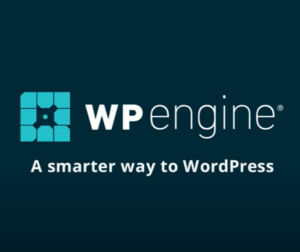Your cart is currently empty!
WooCommerce is known as the leading eCommerce platform for having millions of installations worldwide. It’s had a reputation for scaling challenges. Not any longer!
A recent official blog post covered this topic and included examples of six larger WooCommerce stores and a link to the official showcase of sites by category. Scaling is defined there as “the ability to grow your online store without sacrificing performance or user experience”.
WooCommerce has come a long way in recent years. Nearly three years ago v3.0 released with many performance improvements. More recently in last April v3.6 released with even more performance improvements. It’s clear the core team has been taking performance seriously.
In addition to these core software improvements, underlying WordPress technologies have progressed quite a bit. We now have a high-performance page builder, Gutenberg. We have more high-performance managed hosting services with reasonable monthly and on-demand fee structures. We have newer versions of PHP, currently at v7.4. There were significant leaps in performance since v7.0 in late 2015 and with each annual increment since.
Test website performance to ensure TTFB is within half a second, load time is within 2 seconds and page size is within 2MB. This is easily achieved with WooCommerce. With many hosts now offering free clone (staging, development) environments you can now trace issues safely and without disruptions in production. Test your plugins and theme independently with copies of the full site files and database.
Performance issues under normal circumstances tend to scale with traffic, sometimes exponentially. Many theme and plugin developers are taking performance more seriously these days. This philosophy can be seen from testing performance of the code, or ahead of that in researching the vendor’s reputation looking at: development activity, documentation, support, reviews.
It’s important to reduce plugin volume and tune-up sites. One popular strategy to decrease a site’s footprint is to offload back-end workloads onto third party services (see official WooCommerce extensions) or de-coupled (API connected) internal processors. I’ve also observed cases where a WordPress or BuddyPress site is split from its store.
Facing scaling troubles with WooCommerce? I offer a free 45-minute consultation and a paid 5-hour site evaluation and project planning phase if you’d like to get in touch with me.







